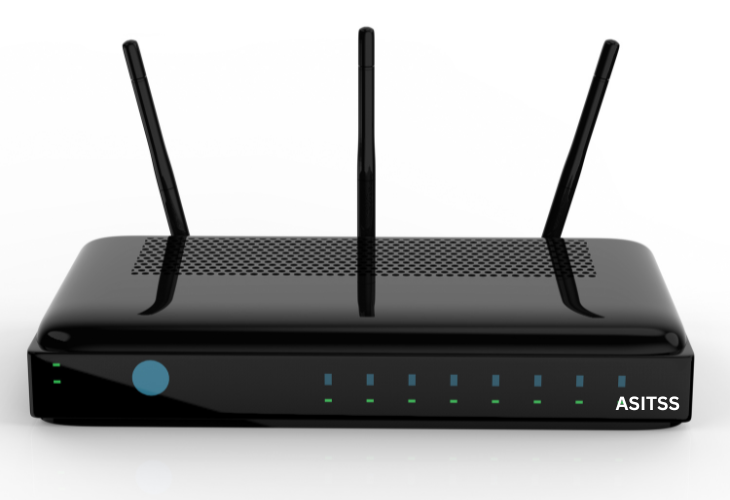
A Wi-Fi router enables wireless internet access, connecting devices to the network. It transmits data using radio waves and typically supports various standards, such as 802.11ac or 802.11ax. Routers often include security features like WPA3 encryption, ensuring secure connections for home or business networks while allowing multiple device connectivity.
Operate on the 2.4 GHz frequency, suitable for basic internet tasks but may have slower speeds and more interference.
Support both 2.4 GHz and 5 GHz frequencies, allowing for faster speeds and reduced interference, ideal for streaming and gaming.
Feature one 2.4 GHz band and two 5 GHz bands, providing enhanced performance for multiple devices and heavy internet usage.
Use multiple units to create a seamless network over a larger area, eliminating dead zones and ensuring consistent coverage throughout homes or offices.
Amplify the existing Wi-Fi signal to expand coverage in larger spaces, although they may reduce overall speed.
Compact devices designed for on-the-go internet access, often utilizing cellular data networks, ideal for travel or remote locations.
Optimized for low latency and high-speed connections, specifically designed for online gaming experiences.
When considering storage capacities in relation to Wi-Fi routers, think about:
Numerical cables play a vital role in enhancing router performance and connectivity: